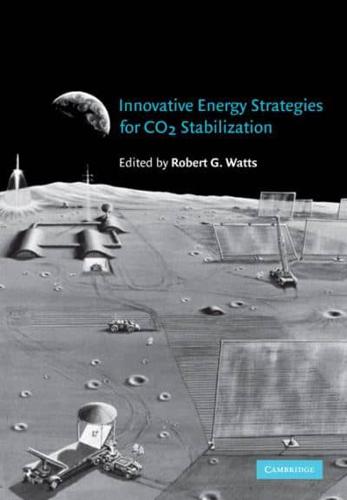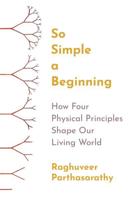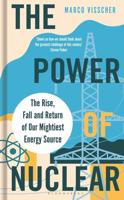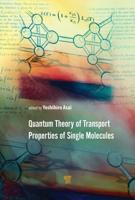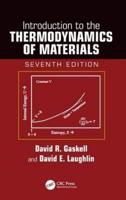Publisher's Synopsis
The vast majority of the world's climate scientists believe that the build-up of heat-trapping CO2 in the atmosphere will lead to global warming unless we burn less fossil fuels. At the same time, energy must be supplied in increasing amounts for the developing world to continue its growth. This book discusses the feasibility of increasingly efficient energy use and the potential for supplying energy from sources that do not introduce CO2. The book analyses the prospects for Earth-based renewables: solar, wind, biomass, hydroelectricity, geothermal and ocean energy. It then discusses nuclear fission and fusion, and the relatively new idea of harvesting solar energy on satellites or lunar bases. It will be essential reading for all those interested in energy issues, including engineers and physicists (electrical, mechanical, chemical, industrial, environmental, nuclear), and industrial leaders and politicians. It will also be used as a supplementary textbook on advanced courses on energy.
